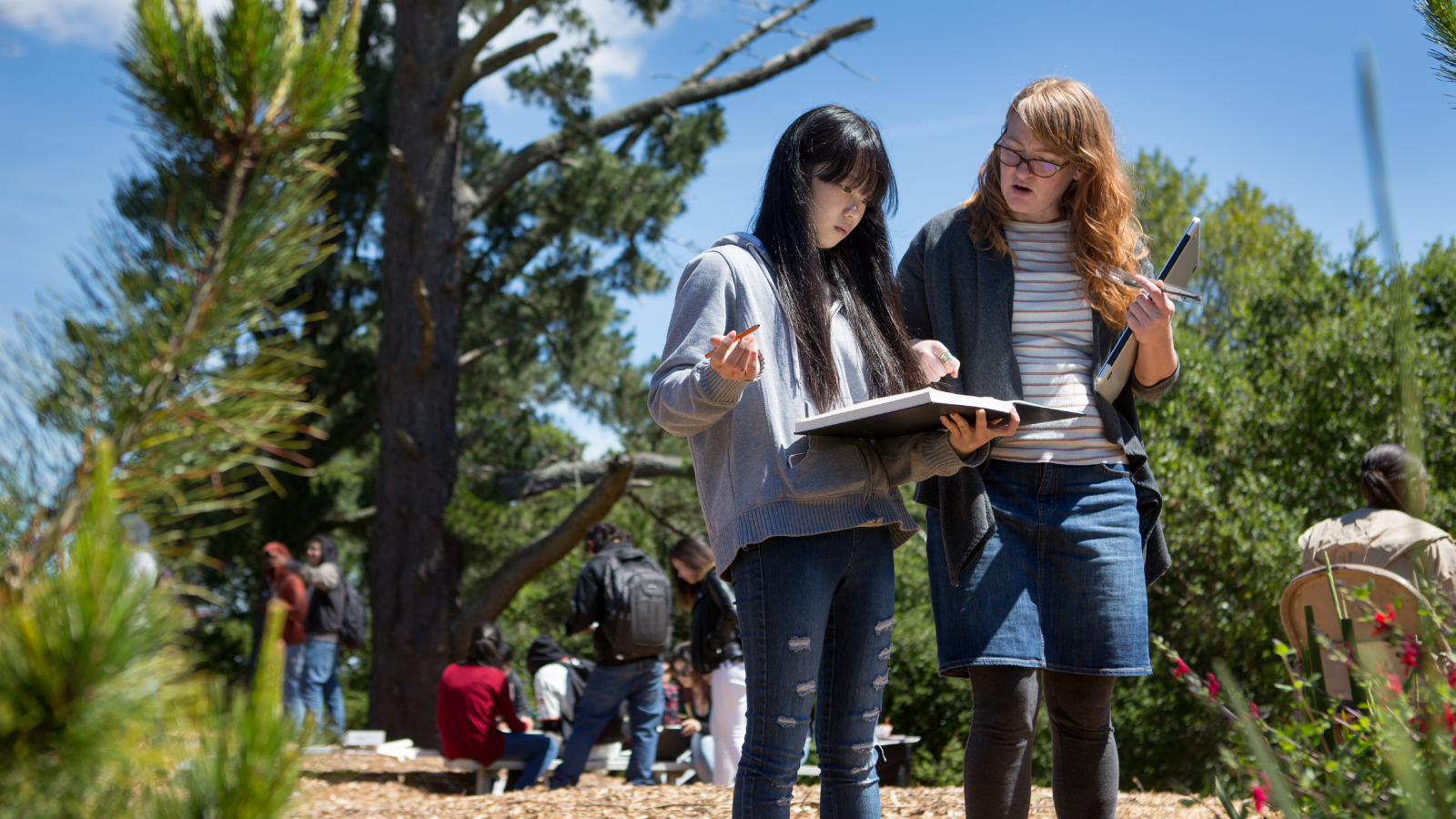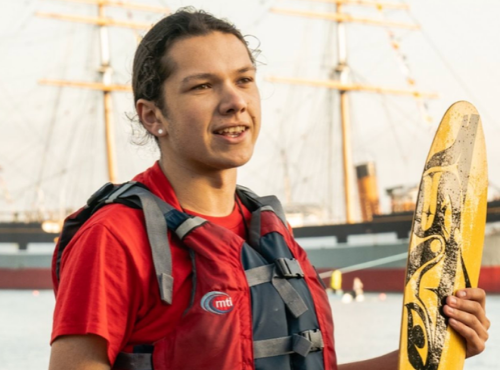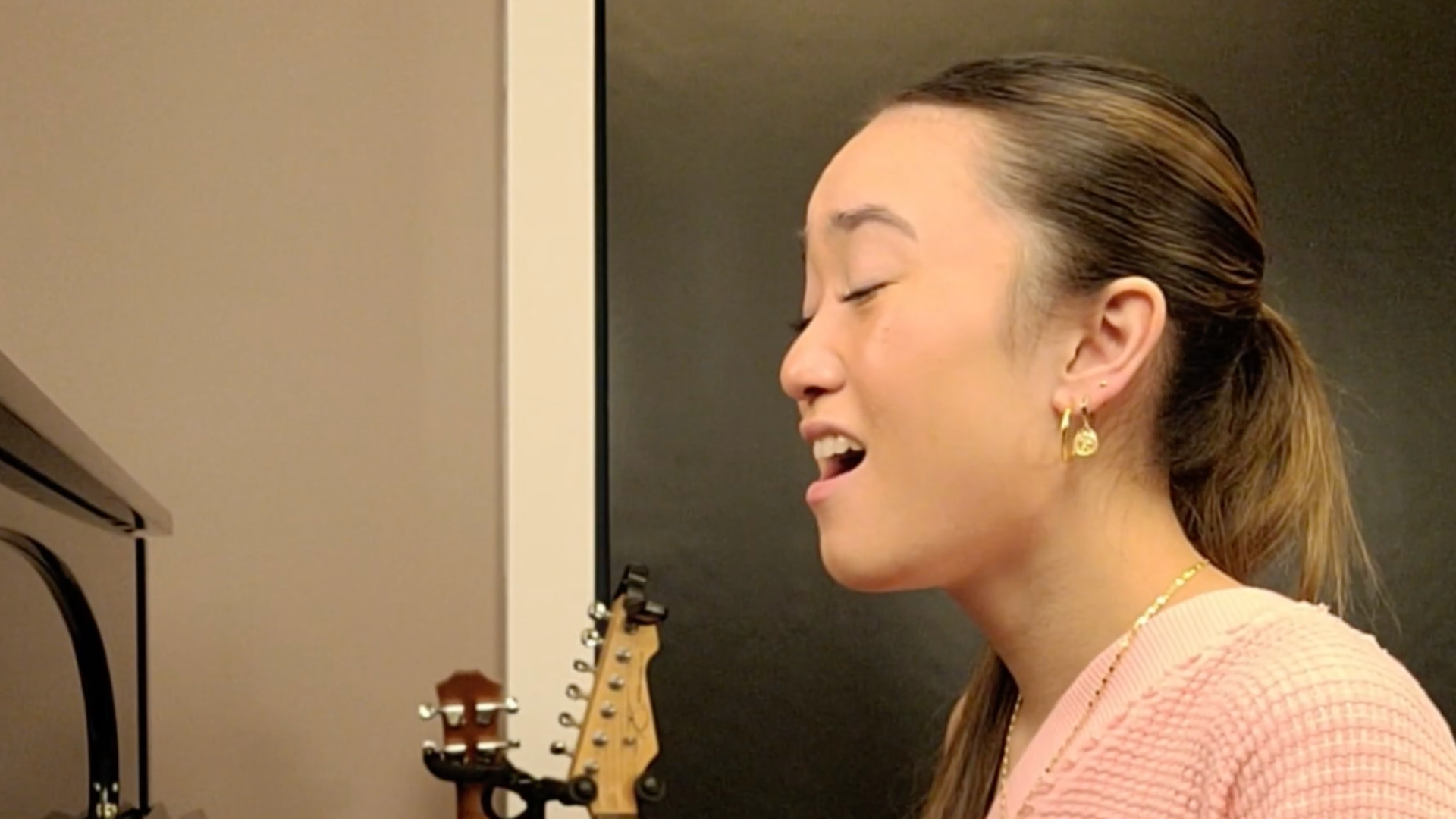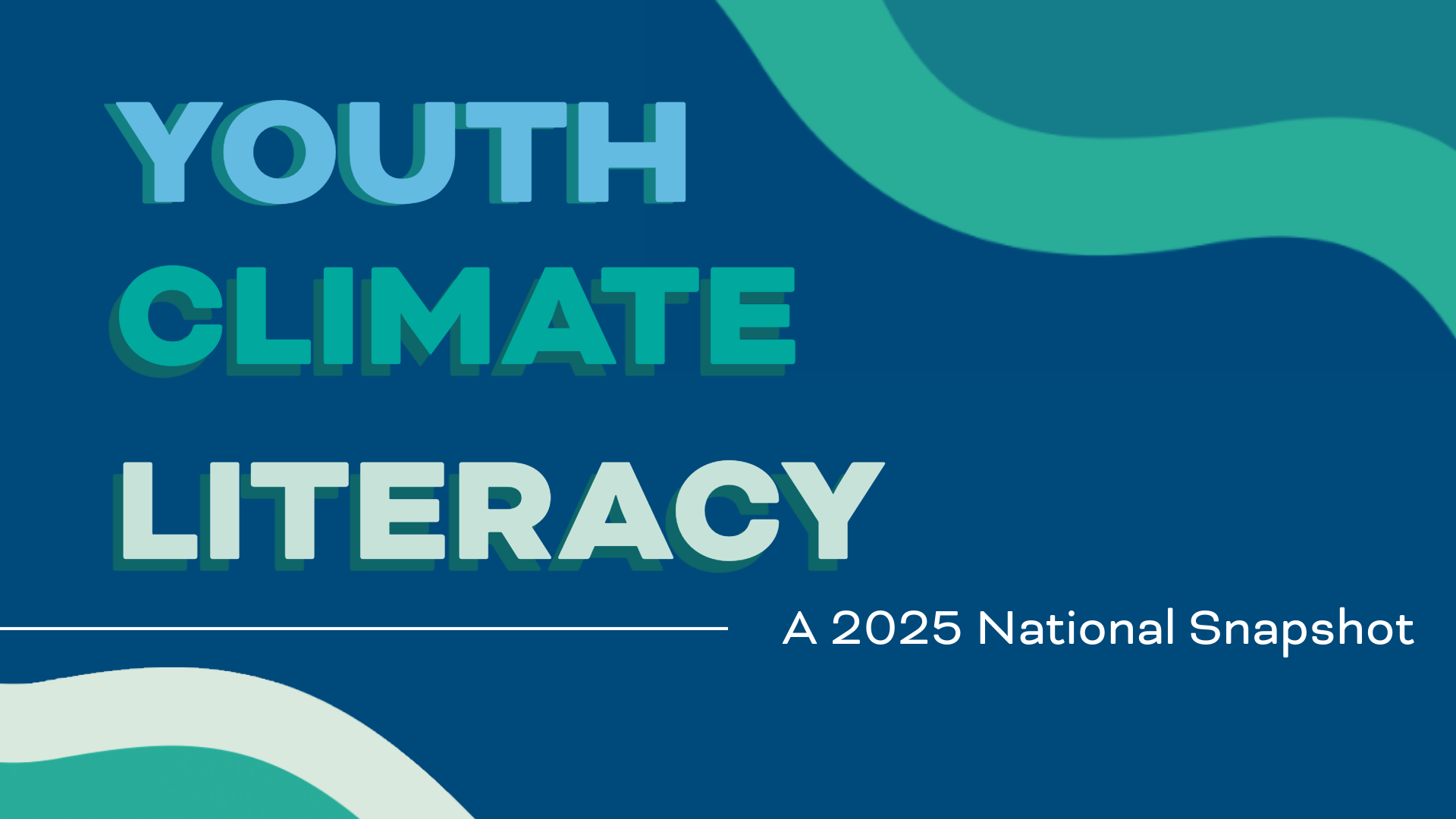Resources — Other Resources
Tribal Sovereignty is Environmental Justice and Must Be Recognized by Schools

Photo by Allison Shelley/The Verbatim Agency for EDUimages
This piece was written on the traditional and contemporary lands of the Tlingit People
I’m a product of my ancestors, however they didn’t know I would have to deal with the drastic effects of climate change.
Currently, Indigenous people are facing the climate crisis at outstanding rates on their ancestral lands. My tribe in particular, the Quinault Indian Nation, has been planning to relocate their village of Taholah to higher grounds to mitigate the effects of sea-level rise, tsunamis, and storm surges — all consequences of climate change.
So, when I’m asked, “what should the education sector do to address climate change?” I don’t hesitate to ask back, “what can the education sector do for Indigenous people?” Specifically, I ask how can relationships be built between sovereign nations and state schools to showcase the stories of environmental justice and the preparation for the future? For this to begin, schools need to recognize Tribal sovereignty and listen to tribal stories to ensure a safe and culturally appropriate understanding of Indigenous knowledge systems.
Tribal sovereignty — Indigenous peoples’ right to govern themselves — serves to protect the tribal community and ensures their wishes. In the fight against climate change, tribal sovereignty serves the voice of the rarely represented. Indigenous knowledge systems recognize the deep connection between people and the land and provide an essential framing to restore balance with our environment.
The Washington Tulalip Tribe’s restoration of Qwuloolt offers an example of how Indigenous people are making progress in the fight against climate change and connecting it to education. Qwuloolt is a restoration project in the Tulalip area that focuses on returning lost tidal wetlands back to their original functions before western contact and the subsequent climate crisis. Qwuloolt provides a place to learn under Coast Salish traditional ecological knowledge systems including Tulalip’s own. Under the tribal jurisdiction, Tulalip is able to teach their own curricula based on thousands of years of careful tending to the land and waters. This is not only important for teaching the climate crisis but necessary to unite students, to diversify their minds and their attentions, and help students take climate action.
Schools can partner with tribes to create curricula that are based on the original caretakers’ stories and strides. Because if we are able to connect students to the teachings of the land and the importance of all people’s stories to the land, we will be able to gain a collective push to protect what has given us life: The Earth.
In Washington State, the importance of tribal sovereignty is included in the school systems. Due to the push from 29 federally recognized tribes in Washington, the state has adopted a specific and mandatory curriculum that is based on tribal stories with the outcomes of learning about tribes and their connections to inherent sovereignty, environmental justice, and equitable futures for tribal communities. This curriculum, called Since Time Immemorial, refers to the definition of time immemorial meaning since indefinite time. Supporting and advancing this curriculum not only brings tribes into the forefront of the educational systems but it can allow students to learn what’s at stake for tribes in the area and how they can help.
It’s time for all schools to include Indigenous voices and methodologies if they want to combat the climate crisis in the classroom. We are beyond learning about Indigenous people, it’s time to learn with them.
The views expressed in this article are those of the author and do not necessarily reflect views of the Aspen Institute, K12 Climate Action, commission or coalition members, or organizations with which they are affiliated.


